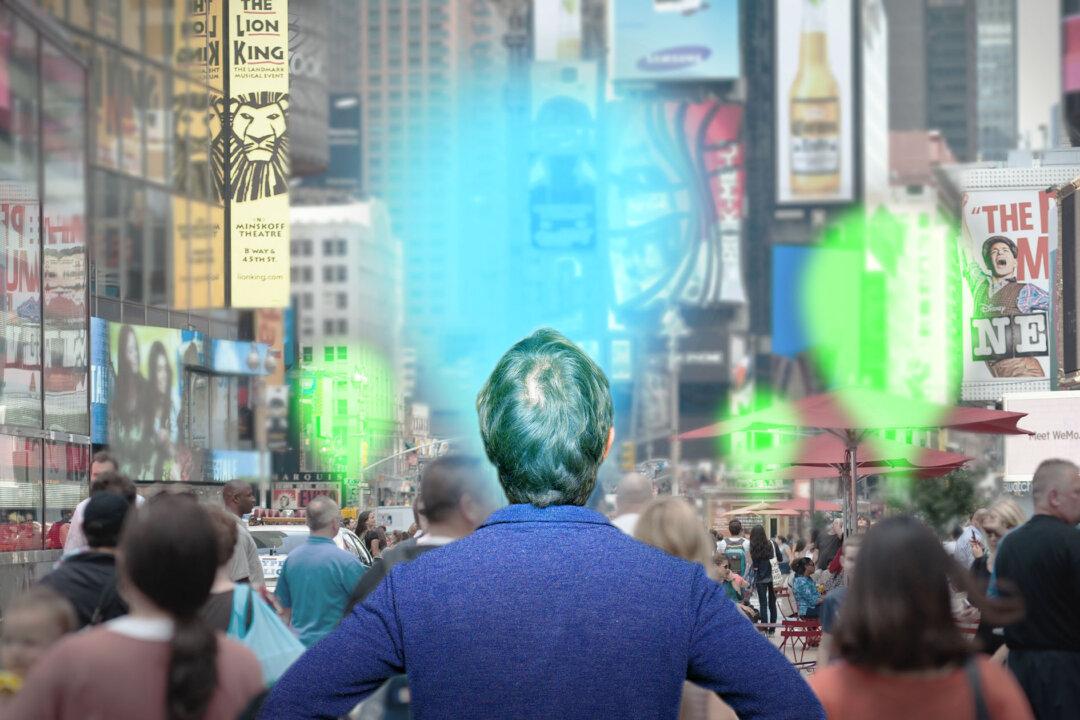A Nobel Prize in medicine was awarded for the discovery of “an inner GPS in the brain,” but while we now know this faculty of the brain affects how we map our surroundings geographically, could it also guide us in other ways?
Theories building on this discovery take us into the realm of intuition and “coincidences.” When you bump into just the right person at just the right time, could it be some kind of internal global positioning system (GPS) seated in the mind at work?






